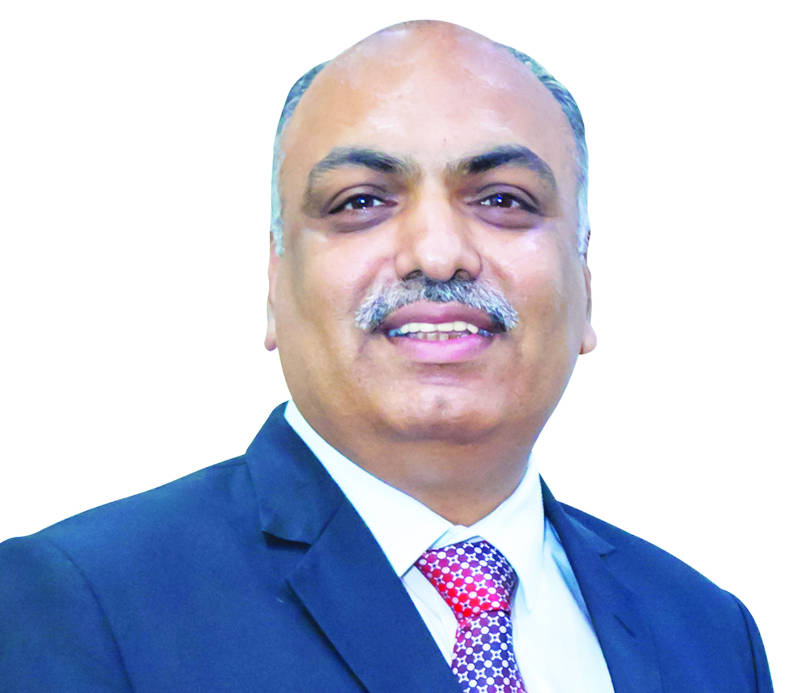Chari said that the industry needs to look at becoming leaders in each segment by creating a supportive eco-system for making Indian chemical sector self-reliant.

The global chemical industry is going through a metamorphosis. Global trade conflicts, stringent implementation of environmental laws for the chemical industry in China, shifts in global supply chain and Govt of India’s renewed thrusts on the chemical industry among others are offering an excellent growth opportunity for the Indian chemical industry.
Speaking at an e-Conference titled ‘Growing Chemical Industry Ecosystem: The Aatma Nirbhar Way’ organized by Indian Chemical News recently, Sunil Chari, MD & Co-founder, Rossari Biotech, said that this is the best time ever for the chemical industry in India. “The Govt of India is encouraging the industry by offering subsidies to enter into the new areas where we import from China and this is a big opportunity not only for the domestic market but also for the export market. The world is looking at an alternative to China and Indian chemical industry should proactively work towards becoming this alternative,” Chari said.
Citing a phrase that every agony presents an opportunity, Chari says that Corona, while impacting all spheres of business, opened opportunity for us as well. He informed that Rossari Biotech performed well. “We were brave enough to launch the first IPO in Covid-19 times and it became very successful. We saw the massive demand from investors for chemical, mainly specialty chemical companies now. So this is a good time wherein banks are fresh with funds. Government is giving 15% income tax subsidy for the sectors of imports of special products. I think this is the time we should make India self-reliant (Aatma Nirbhar), he opined.
Replying to a question over how India can become self-reliant, he said that the industry needs to look to look at becoming leaders in each segment by creating a supportive eco-system. “We need to make the PCPIR, chemical zones and other such initiatives operational. We need to have adequate feedstock for the Indian manufacturers to grow faster. We should collaborate instead of competing and find out ways how we can use effluent from one company becomes a feedstock for another company,” he said and added that there is a need to make this sustainable by adopting the practices of countries like Denmark and Finland etc. Companies are now collaborating together and work out ways on finding out what are our effluents and use it somehow where we can create gold out of it, Chari advised.
On helping the industry grow with new molecules that Rossari Biotech is working on, he informed that his company is working on new technologies which are more sustainable and more green at the IIT Centre of Excellence for Research, Mumbai. “Especially, in the surfactant, acrylic, enzyme and in the silicone areas which can contribute less to the effluent and can give more value added advantages to the consumer,” he said adding that the ecosystem at IIT is great and Rossari Biotech is proud to be a part of that system. “We are learning new ways now. We are turning a lot of patch processes to continuous processes and this is helping us in creating new ideas. We are working on products which can replace existing supply constrained areas,” he revealed.
He suggested that there is a need to bring changes in the supply chain and logistics in India. “This is a big pain point for all. Waterways, railways should be used to the advantage,” he said. He opined that there is a need to change policy provisions regarding environmental clearance. “It took us two years to get permission of Pollution Control Board for environmental clearances for starting a plant in Dahej. he government announced that any new plant which comes in will get 15% subsidy. We started a new plant but because it took us two years for the permission, it is not considered as a new plant. So, there should be a change in this such as: anything which starts after a cut-off date should attract that 15% subsidy,” he advised.
Click here to view the recorded version of e-conference on Growing Chemical Industry Ecosystem: The Aatma Nirbhar Way.
Subscribe to our newsletter & stay updated.